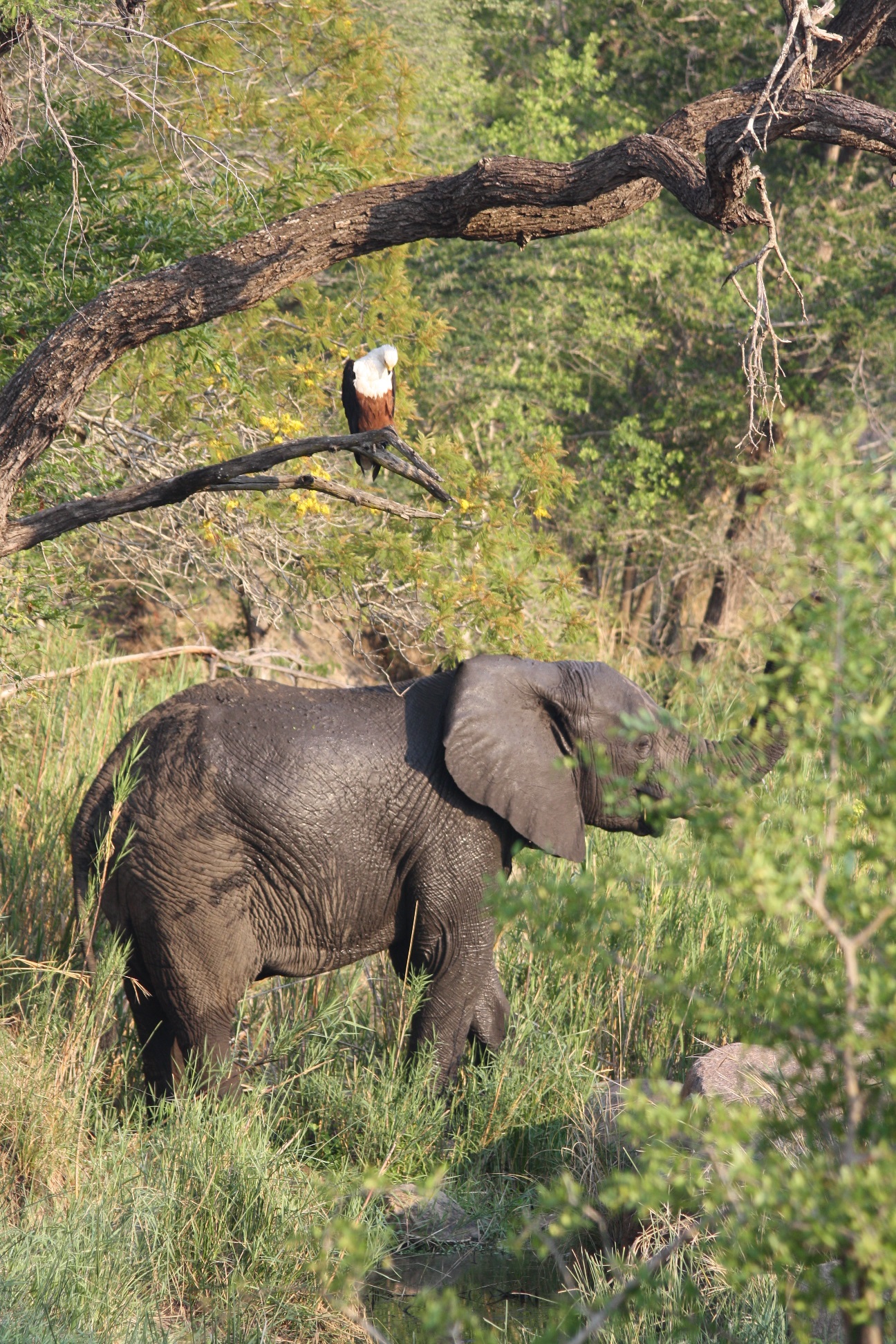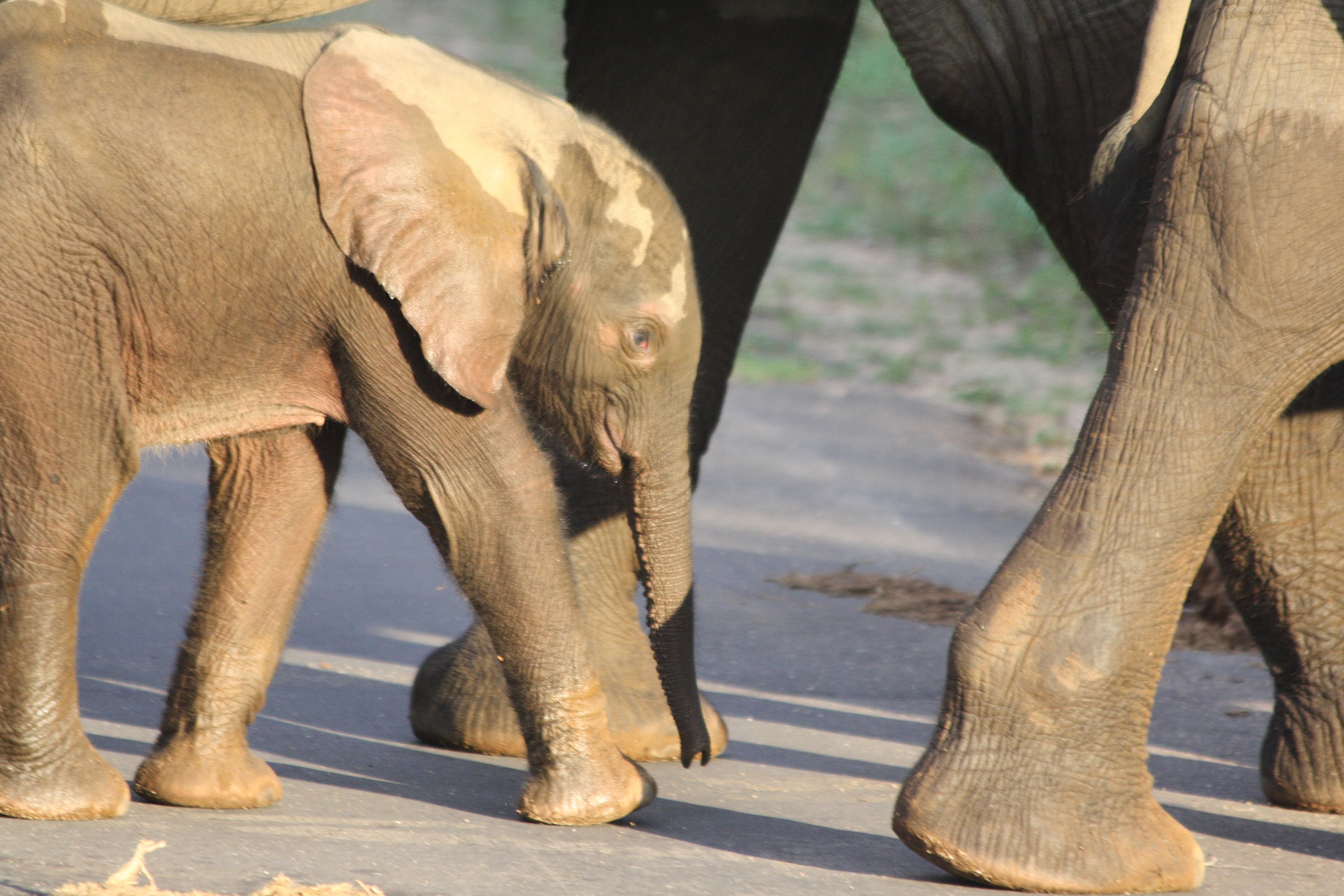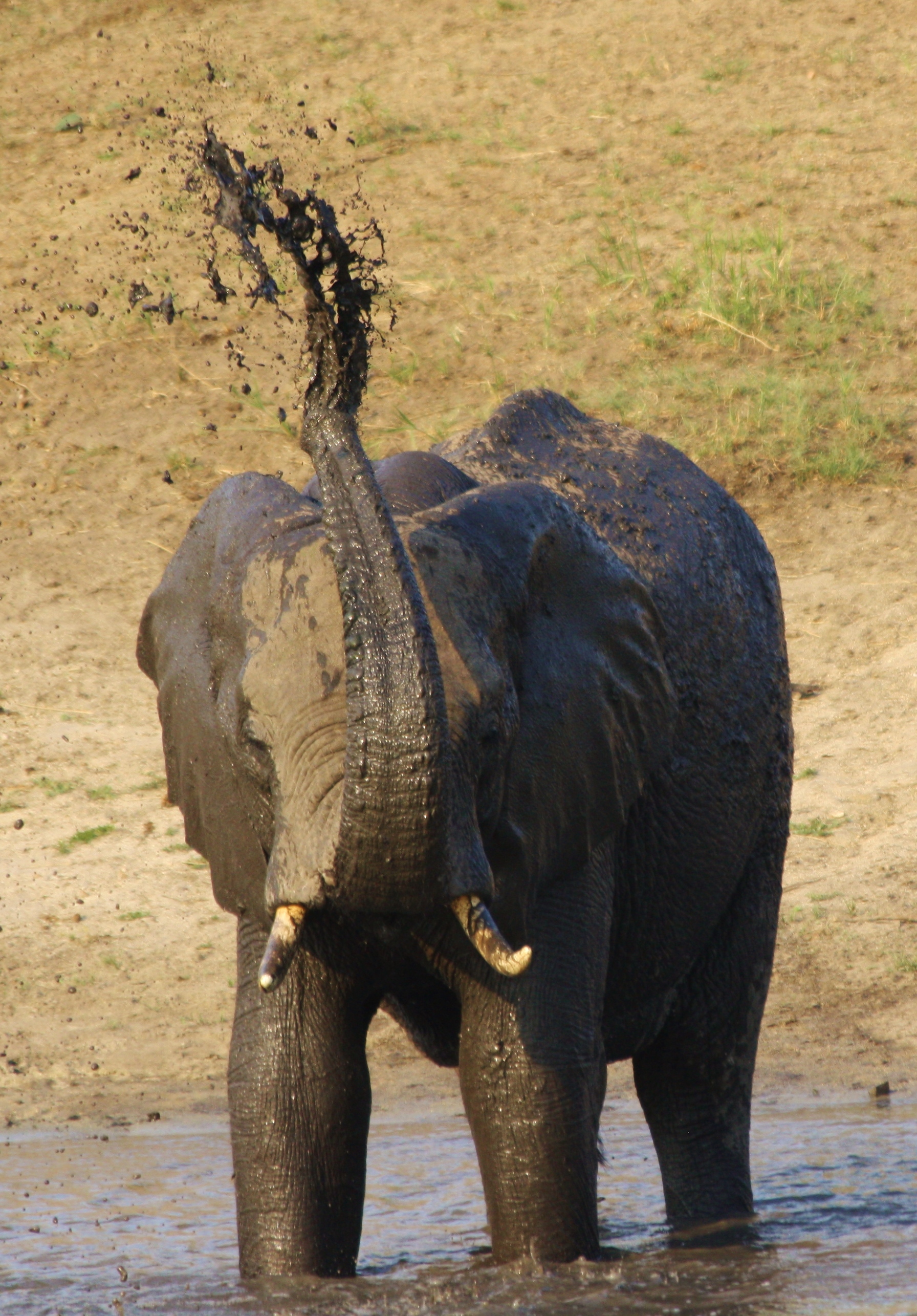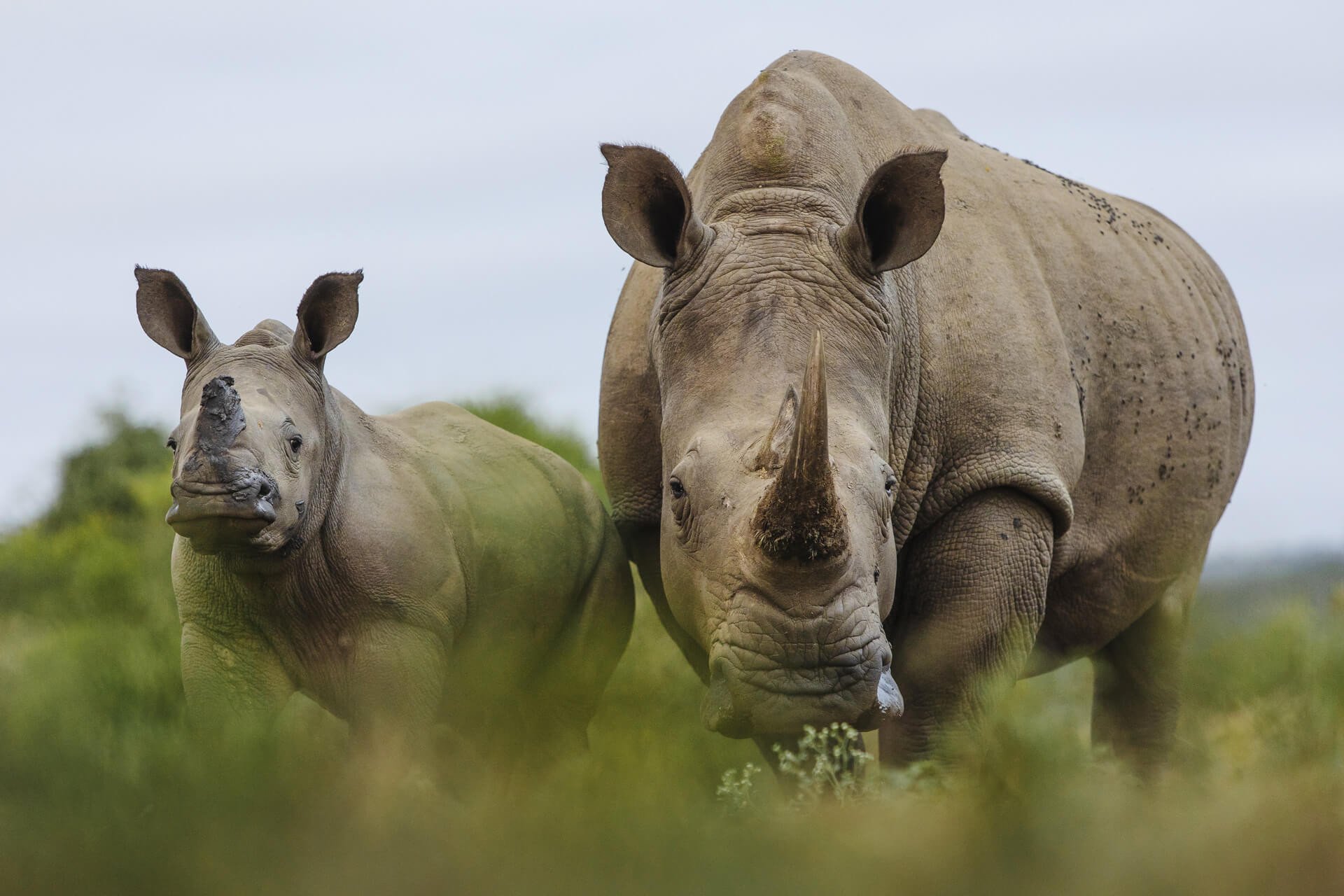blog21 Interesting Facts About Elephants
Posted on:May 1, 2015
One might argue that you have not lived a complete life until you have seen an elephant in the wilds of Africa. It is a moment you will never forget. Enjoy this privilege from Rhino Ridge Safari Lodge in Hluhluwe-iMfolozi Game Reserve where expert guides will lead you close to these great animals with safety and respect. To enhance your experience, here are some interesting facts about elephants…

1. The elephant’s trunk is an elongated nose which is very sensitive. There may be up to 50 000 muscles in an elephant’s trunk.
2. Elephants use their trunks like fingers, and they can pick delicate flowers, push over trees and pull out thorns in their feet using their trunks.
3. The elephant has an exceptional sense of smell. They can smell water from 15km and can detect rain from 200km away.
4. Elephants are scared of bees.
5. Elephants are one of the few animals to have chins.
6. Elephants are extremely intelligent and each one has a unique personality.
7. African elephants can tell the difference between men and women, different human languages and ethnicities when they hear a voice. They can distinguish between the sounds of different vehicle engines.
8. Elephants really do have good memories can carry a grudge against a person and even vehicle for many years.
9. When the “Elephant Whisperer” Lawrence Anthony died, the herd of elephants he had been working with arrived at his house to mourn his passing. Elephants mourn one another’s passing by keeping a moment of silence and each walking past and touching their deceased family member to say goodbye. Sometimes they may even carry a bone of a deceased family member with them until they are ready to let it go.
10. Elephants can hear one another’s trumpeting calls up to 8 kilometres away.
11. Elephants will usually give warnings and a mock charge before harming someone. They will only charge if they feel threatened. The common signs of a mock charge are head-shaking, ear-flapping, bush-bashing, dust-throwing, trumpeting and other vocalizations and an intimidating presence.
12. Elephants have complex social structures and live within a matriarchy, where females dominate and lead the herd. They are organised hierarchically.
13. Male elephants usually leave the herd and become solitary when they reach young adulthood.
14. Elephants are dedicated mothers and the adults females will help one another in the rearing of babies.

Elephant babies often walk with what looks like a little smile on their cute faces
15. Different elephant clans may have ongoing, friendly interactions with one another.
16. Elephants are not territorial and they tend to wander over vast territories.
17. A top speed of 30 kmh (18 mph.) over short distances has been recorded for elephants.
18. Elephants are crepuscular in nature, which means they are mainly active at dawn and dusk (twilight hours) when the environment is cooler.
19. Elephants can get sunburnt so they cover themselves with sand.
20. Elephants enjoy bathing and spraying themselves with water. The also spray themselves with dust and wallow in mud to help protect the skin from parasites and biting insects. Once the mud and dust is dry, elephants rub against a hard surface, removing most parasites.
21. Elephants sleep about four hours a night. About two hours of that are spent standing. During deep sleep, elephants lie on their sides, breathing noisily, and sometimes snoring.

Watching this elephant splashing himself was a highlight of our walking safari
(Sources of information: www.seaworld.org, www.krugerpark.co.za and www.factslides.com)





